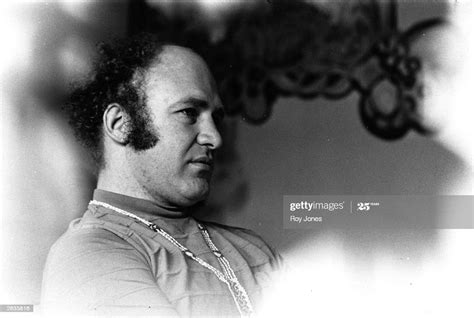A Quote by Lucia Puenzo
In general, even if I'm dealing with a historical subject, I begin with invention rather than investigation, because I need to understand what is going to be the voice or the tone of the story.
Related Quotes
Even if you want to take the American story, they say we used chemical weapons the same day the team or the investigation team came to Syria ; is it logical ? It's not logical. Even if a country or army wanted to use such weapon, they should have waited a few days till the investigation finished its work. It's not logical, the whole story doesn't even hold together.
A lot of Christians have been taught a story that begins in chapter 3 of Genesis, instead of chapter 1. If your story doesn't begin in the beginning, but begins in chapter 3, then it starts with sin, and so the story becomes about dealing with the sin problem. So Jesus is seen as primarily dealing with our sins.
Media gatekeepers - editors, publishers, film studios and the like - need to begin investing in talent behind the scenes, developing and resourcing marginalized voices to tell their own stories. At the end of the day, it's about the story and what will enable the audience to truly see, understand, and know the life and times of the subject.
What makes a subject difficult to understand ? if it is significant, important ? is not that some special instruction about abstruse things is necessary to understand it. Rather it is the contrast between the understanding of the subject and what most people want to see. Because of this the very things that are most obvious can become the most difficult to understand. What has to be overcome is not difficulty of the intellect but of the will.
The Clinton investigation was a completed investigation that the FBI had been deeply involved in, so I had an opportunity to understand all the facts and apply those facts against the law as I understood them. This investigation was under way - still going when I was fired. So it's nowhere near in the same place.
This time I m not going to tell you a story. I'll just say that insanity is the inability to communicate your ideas. It's as if you were in a foreign country, able to see and understand everything that's going on around you but incapable of explaining what you need to know or of being helped, because you don't understand the language they speak there.
In 'Labor Day Hurricane, 1935,' Douglas Trevor vividly recreates a historical event. While that is the only story in A THIN TEAR IN THE FABRIC OF SPACE in the historical past, many of the other stories juxtapose fact-both historical and scientific-with narration to an engaging effect, one that distinguishes the voice of this new writer.


































